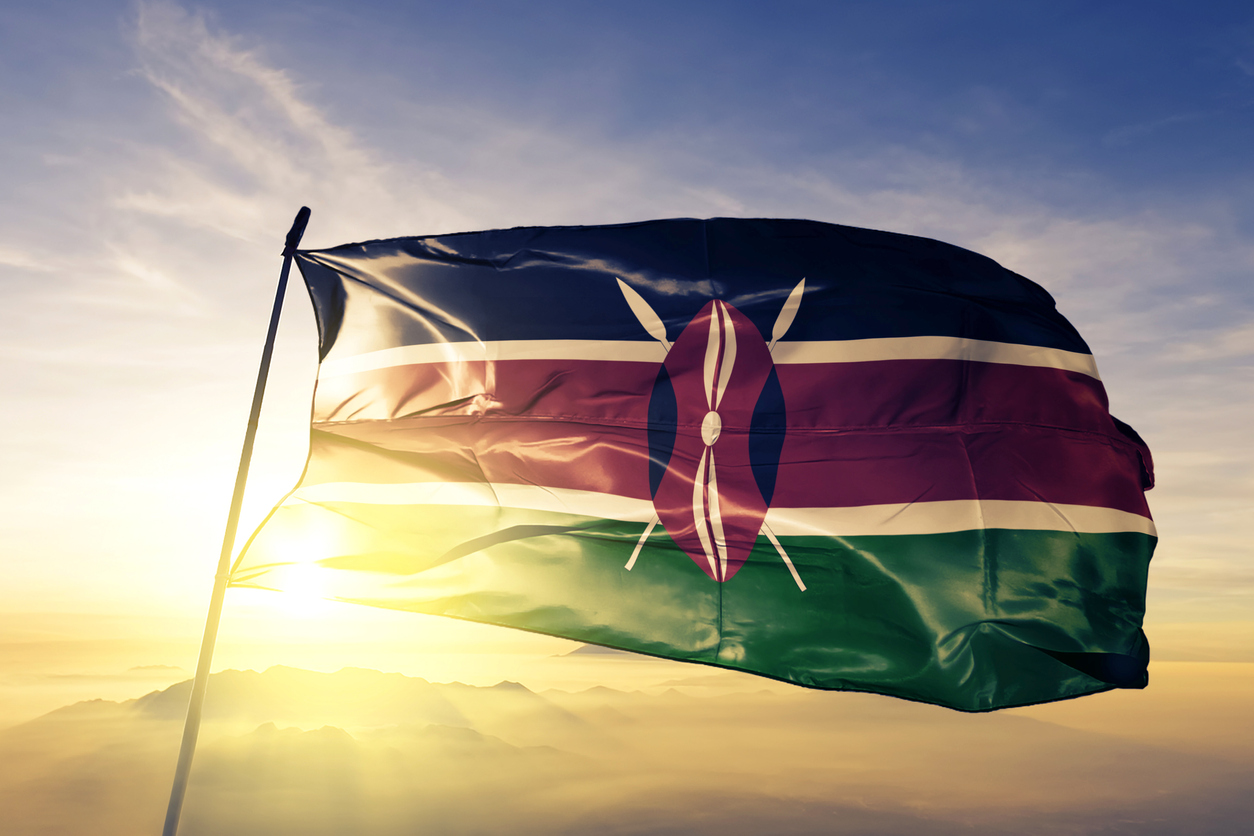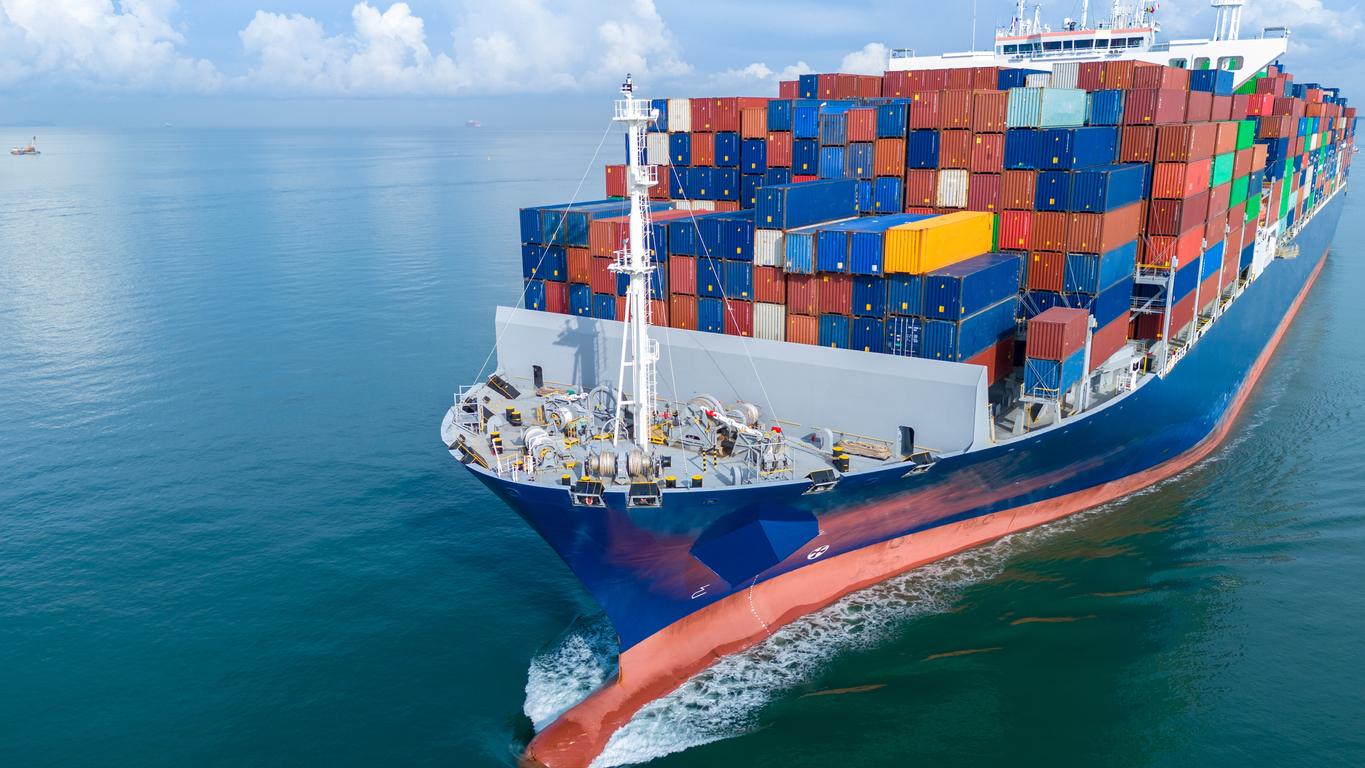An In-Depth Guide to Shipping Goods From Italy to Kenya – All You Need to Know!
An In-Depth Guide to Shipping Goods From Italy to Kenya – All You Need to Know!
Do you have a business or personal interest in shipping goods from Italy to Kenya? If so, this in-depth guide is just what you need! Here, you will learn all the details of the shipping process, including the paperwork and fees involved as well as some tips to make the task easier. You will also learn about the various methods of shipping and the services available, allowing you to make an informed choice when it comes to transporting your goods from Italy to Kenya. With this comprehensive guide, you can rest assured that your goods will reach their destination in a safe and timely manner. So, let’s get started and take a closer look at shipping goods from Italy to Kenya!
Overview of the Shipping Process
When shipping goods from Italy to Kenya, there are many factors to consider, including the location, the weather, the type of goods being shipped, and the desired delivery date. This is why it is important to plan your shipping process in advance. The first step is to find a shipping company. There are many different shipping companies available, and you may find that some specialize in certain types of shipping. Once you have found a shipping company that meets your needs, you will need to create a shipping plan. This will involve deciding where the goods are coming from, their final destination, the type of shipping needed, and the best timing for the shipment. When a shipping company receives your goods, they will go through a cleaning process. During this time, the company will inspect the goods for damage, and they will clean the goods to avoid introducing any dirt or other contaminants. They will then wrap the goods in protective materials for safe transportation. Once the shipping company has finished cleaning, inspecting, and wrapping your goods, they will be loaded onto a truck. The truck will then travel to the shipping port where the goods will be placed on a ship. The ship will either travel towards the Kenyan port or travel towards another port in the region. Once the ship has reached its destination, the goods will be unloaded, and they will be transported to the final destination.
Required Documentation and Fees
Before you begin shipping goods from Italy to Kenya, you will need to contact the Kenyan Embassy to make sure you have the necessary documentation. This will vary depending on the type of goods you are shipping, so you will need to check with the embassy. Alternatively, you can ask your shipping company which documents you need. Here are some examples of documents you will need to ship goods from Italy to Kenya: – Commercial Invoice – This is a detailed list of the items you are shipping. – Packing List – This is a list of the items included in the commercial invoice. – Health Certificate – This is required if you are shipping perishable goods. Most countries have regulations when it comes to shipping goods from Italy to Kenya. In Kenya, the government requires that you have a permit for all perishable items. The Kenyan government also requires you to have an import permit if the value of your goods is more than $5,000 US dollars. If you do not have an import permit, your goods may be confiscated.
Available Shipping Methods
There are many different methods of shipping goods from Italy to Kenya. These include air, sea, and road transportation, as well as shipping via the railway network. In most cases, you will want to choose the fastest mode of transportation, as you will want to minimize the time between the point of manufacture and the delivery date. In some cases, you may have certain goods that are not transportable by certain methods, so you will need to account for that when planning your shipping process. Here are some examples of the different methods of shipping goods from Italy to Kenya: – Air Transportation – This is one of the fastest methods of shipping, and it is often used for perishable goods. However, it is also one of the most expensive transportation methods. Air transportation is often used for goods that are too large to be shipped by sea but that need to be delivered quickly. – Sea Transportation – The next most common shipping method is sea transportation. This is often the cheapest method of transportation, but it can take several weeks depending on the distance traveled. – Road Transportation – Shipping goods via road transportation is often the cheapest and quickest method for transporting goods over short distances. However, it is less common due to the high risk of damage to the goods.
Pros and Cons of Different Shipping Methods
There are many pros and cons to consider when shipping goods from Italy to Kenya. The location of your goods and the port they will arrive at will affect your shipping method. You will want to consider both distance and the type of road or railway the goods will travel on to help you determine the best shipping method. In most cases, shipping goods via air will be the fastest and most expensive method. On the other hand, shipping via road may be the cheapest method but may take the longest. If you are shipping perishable goods, you will likely want to choose the fastest and most expensive method. However, if you are shipping non-perishable goods, you may want to weigh the cost against the length of the shipping process.
Tips to Make Shipping Easier
If you are new to the shipping process, you may be worried about how your goods will be handled. Luckily, there are some ways to make the shipping process easier and more efficient. Here are some tips to make shipping goods from Italy to Kenya easier: – Choose a reputable shipping company – You will want to make sure you choose a shipping company that has a good track record. Look for reviews from previous clients, and make sure the shipping company can handle your type of goods. – Use a container – Containers are often used for shipping goods via sea transportation. Containers often make the shipping process faster and more efficient. – Keep in contact with the shipping company – It is important to stay in touch with your shipping company so you can ensure your goods arrive at the destination on time. – Check the weather forecast – Weather can sometimes delay the shipping process. It is important to check the forecast to make sure your goods do not get damaged during bad weather.
Insurance Considerations
Insurance is an important part of shipping goods from Italy to Kenya. This is because there are many things that could happen to your goods during the shipping process. In most cases, your shipping company will provide basic insurance. However, it is important to check the details of your contract to make sure you understand the type and amount of coverage. Here are some things to consider when purchasing insurance: – Coverage – Check the amount of coverage your insurance provides. – Exclusions – Make sure to read your contract to see what is not covered by your insurance policy. – Policy type – Make sure you select the correct policy type for your goods. – Policy value – Make sure the value of your policy is high enough to cover any possible damages to your goods.
Tracking Options
Tracking your goods as they travel from Italy to Kenya is an important part of the process. This will allow you to stay in contact with your shipping company, and it will let you know when your goods will arrive at their final destination. There are many different ways to track your goods. You can track your shipment online, receive updates via text message, or speak with someone at the shipping company. There are many different shipping websites that offer tracking services. Alternatively, you can call your shipping company to ask if they offer tracking services.
Customs Regulations
When shipping goods from Italy to Kenya, you will want to make sure they are compliant with customs regulations. This will help expedite the shipping process, and it will also help avoid fines and other penalties. There are many different customs regulations you will need to be aware of when shipping goods to Kenya. When shipping perishable goods, you will need to have a health certificate with you at the port. If you are shipping more than $5,000 worth of goods, you will need an import permit. If you are shipping non-perishable items, you will need an invoice and a packing list.
Final Tips and Advice
Congratulations, you’ve made it to the end of our shipping goods from Italy to Kenya guide! Now, you are well prepared to begin shipping your goods. To make the most of your experience, you will want to follow these final tips: – Stay Organized – It is important to stay organized throughout the shipping process. Keep track of your paperwork, and keep note of when you sent each item. Keep track of all of your receipts, and make sure to keep them safe and in one place so they are easy to find when you need them.








LEAVE A COMMENT
You must be logged in to post a comment.